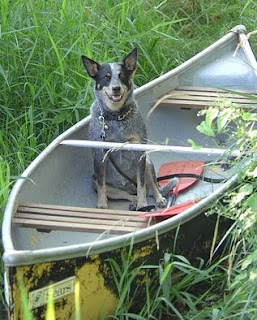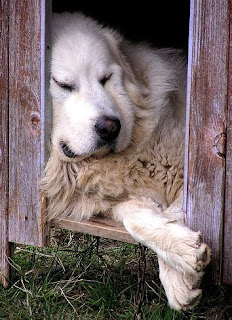Dog blog 13 - nooks

Nooks The Dog is on his holidays this week. Hooray! And, as a treat after chasing some rabbits, the Dog took himself for a special holiday walk this morning to his favourite local cafe. Coffee The Dog decided, since the cafe is Dog friendly, to stop there for a while. And have a tip top coffee; thankfully and mercifully, not burned. (A lot of coffee making places seem to be doing that nowadays with worrying and increasing regularity.) With scrambled eggs, toast, sausages, tomato and - controversially - spinach. Spinach Now I like spinach. Either wilted slightly in a pan, or raw. Tail waggingly yummy yum. But, I wasn't altogether convinced by the Spinach's wentingness (a completely and entirely made up Dog word) with the rest of its breakfast companions. To give you an idea, let's calibrate the lower end of a continuum of convincingness (a real word, dating in print back to at least 1647) of the spinach's wentingnes s. That is, the spinach's...

